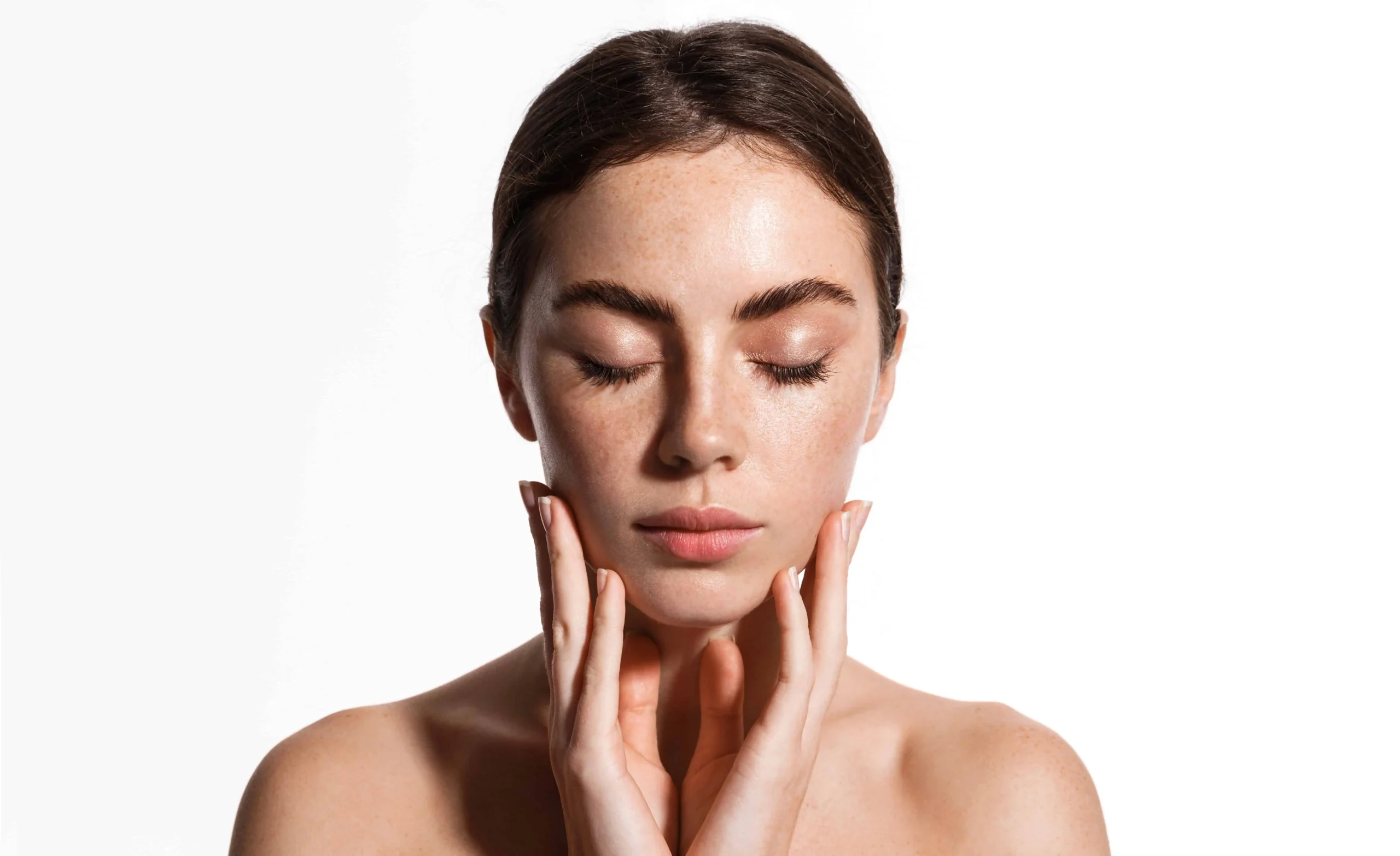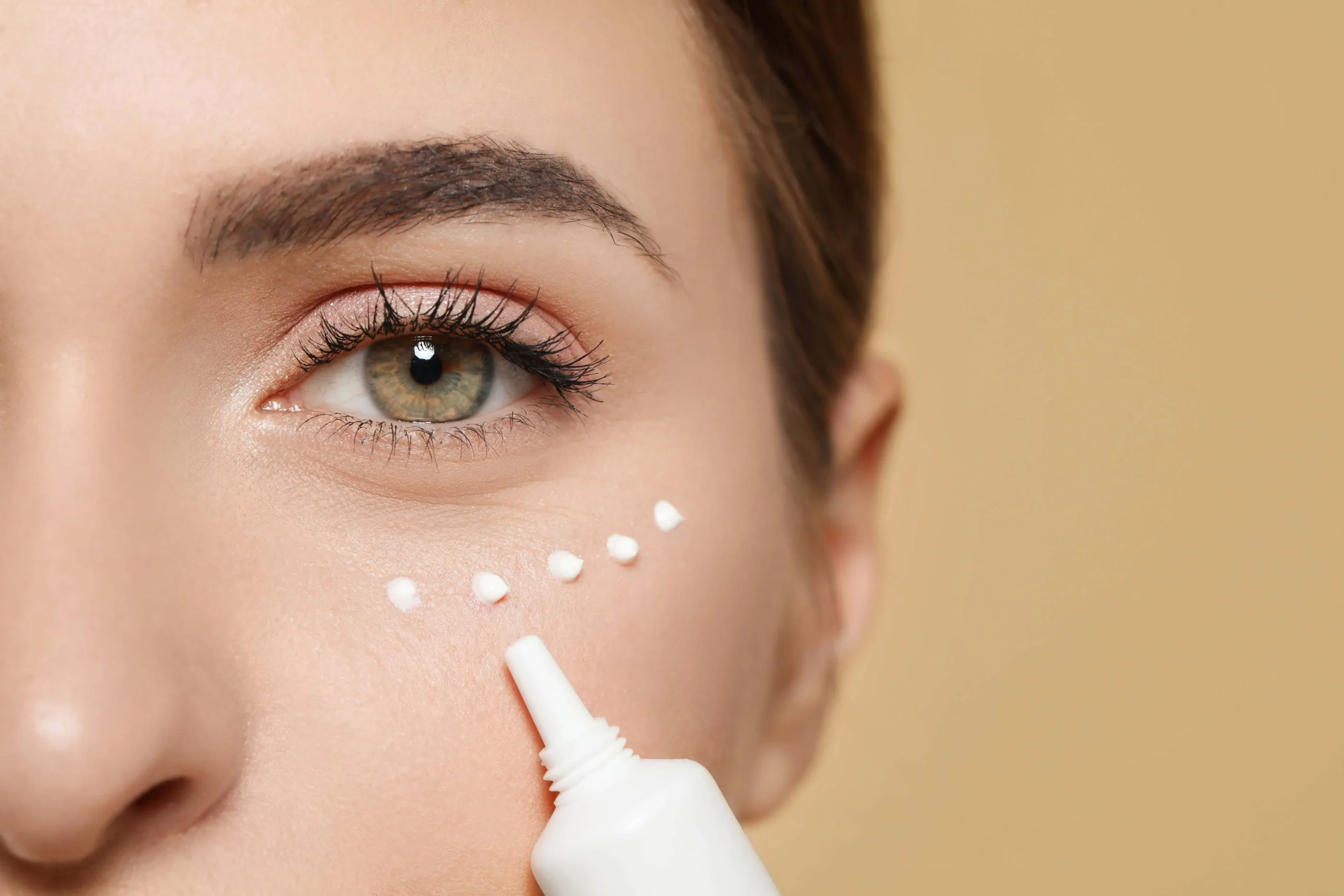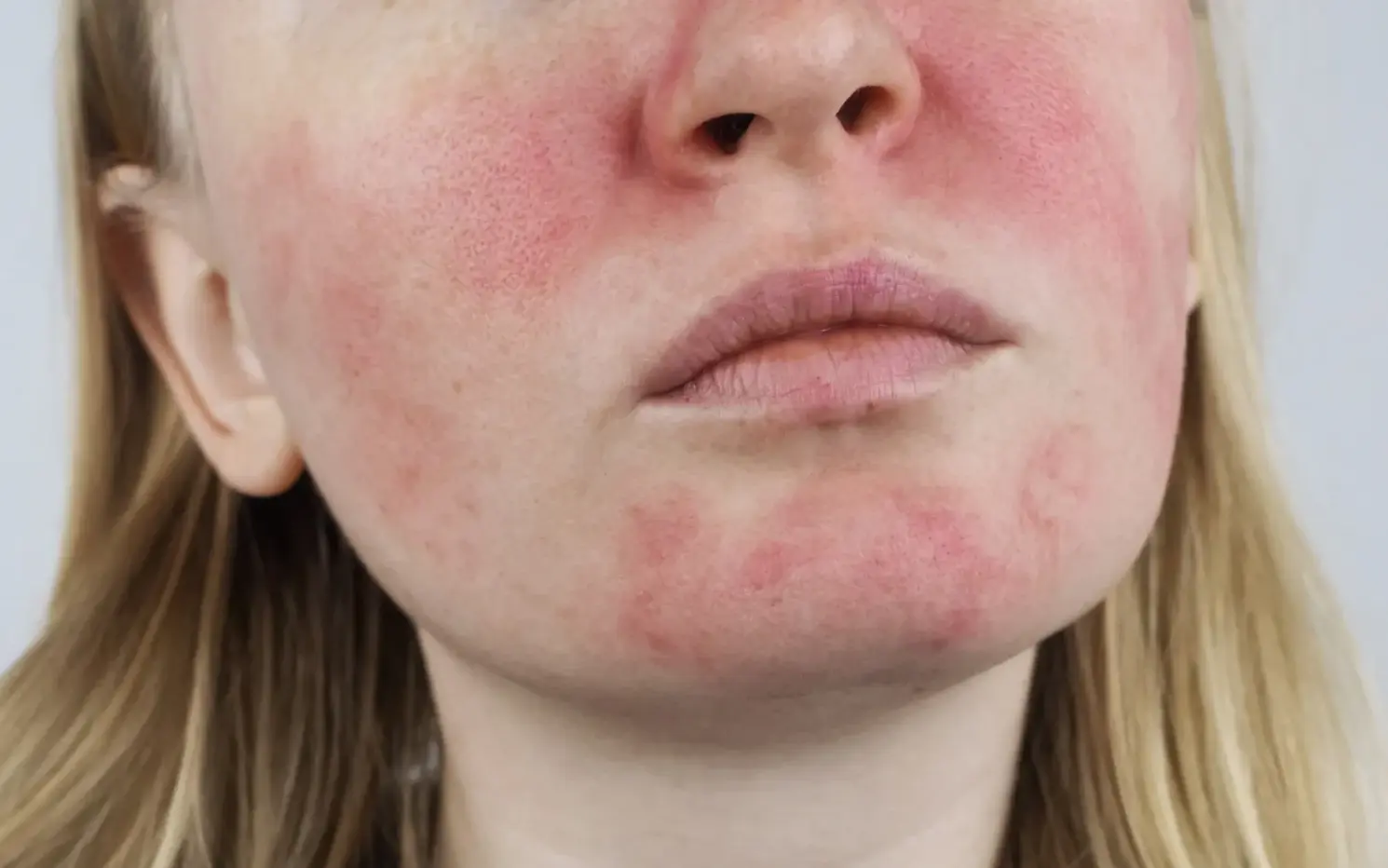Botox is best known for its ability to reduce the appearance of wrinkles and fine lines. However, this remarkable substance has found alternative uses beyond aesthetics. In this blog post, we will delve into the lesser-known but highly beneficial applications of neuromodulators like Botox, specifically in the treatment of hyperhidrosis, migraines, and even depression.
Hyperhidrosis:
Hyperhidrosis is a medical condition characterized by excessive sweating that can significantly impact an individual’s quality of life. Botox offers an effective solution for managing hyperhidrosis, particularly in areas such as the underarms, hands, and feet. By injecting small amounts of Botox into the affected areas, the neurotoxin temporarily blocks the signals from the nerves that stimulate sweat glands, reducing excessive perspiration. A starch-iodine test can be performed to visualize the affected areas before injection, improving the treatment’s accuracy. This treatment is safe, minimally invasive, and can provide relief for up to one year before requiring re-treatment.
Migraines:
Migraines are severe and debilitating headaches that can disrupt daily activities. Botox has emerged as a promising option for preventing chronic migraines in adults. Administered in the glabella as well as specific sites around the head and neck, Botox helps relax the muscles, alleviate tension, and inhibit pain signals. Regular treatments every three to four months can significantly reduce the frequency and intensity of migraines for many patients.
Depression:
While the application of Botox for depression treatment is relatively new and requires further research, recent studies have shown promising results. The facial feedback hypothesis suggests that our facial expressions can influence our emotional state via a feedback loop. Neuromodulators can temporarily paralyze facial muscles and prevent expressions associated with sadness and anger (e.g., frowning, furrowed brows, etc.), thus dampening the facial feedback mechanism and helping alleviate symptoms of depression for some individuals. However, it’s important to note that Botox is not a standalone treatment for depression, and it should be used in conjunction with other therapeutic approaches.
Beyond its well-known cosmetic applications, Botox has demonstrated remarkable versatility in the field of medicine. While further research is needed to fully understand its mechanisms and optimize its application, the potential benefits of Botox in these alternative treatments offer hope for individuals seeking relief from these conditions. If you believe Botox could be a suitable option for you, schedule a consultation with one of our medical providers to discuss your specific situation and explore the potential benefits of this innovative treatment.






